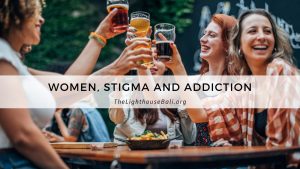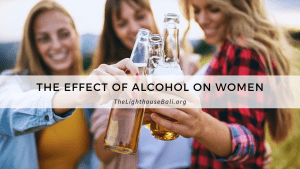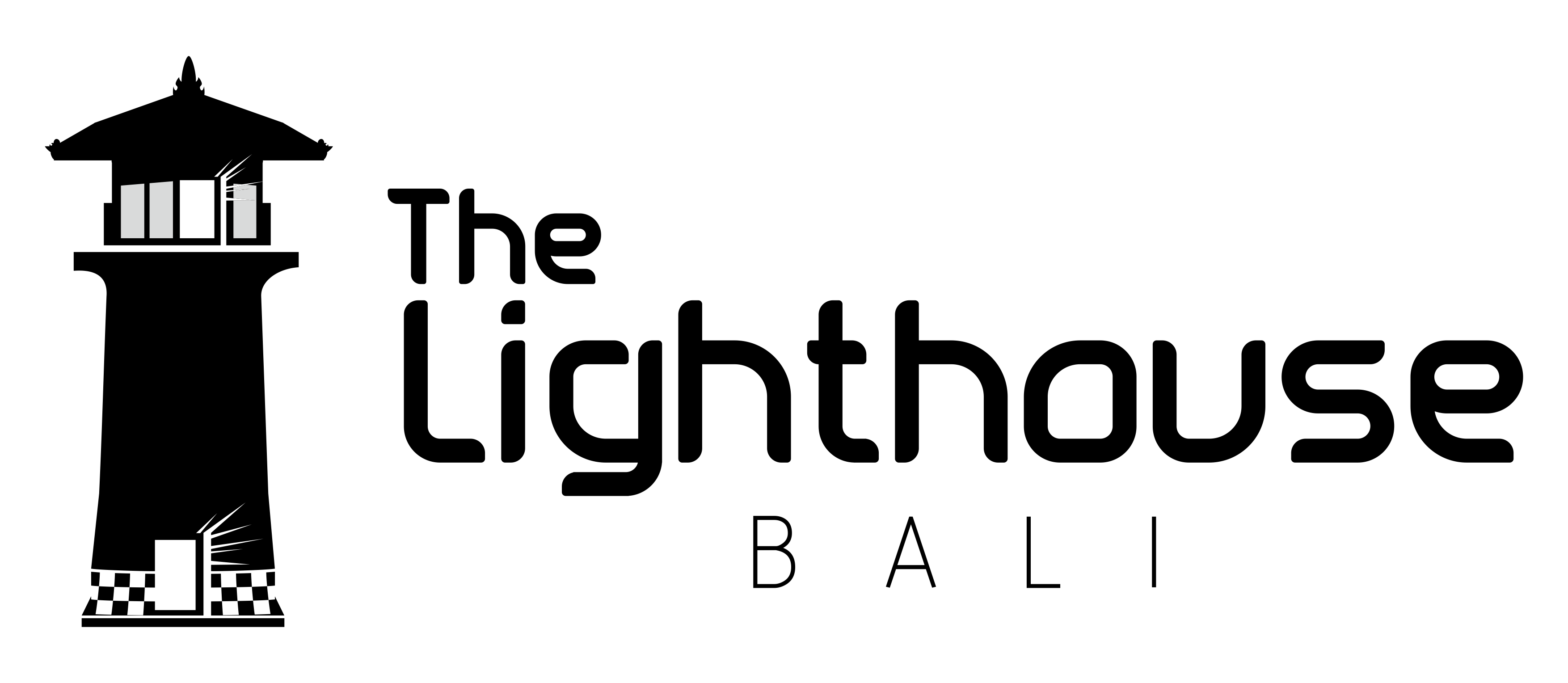
Welcome to the first Blog in our series of tips on ‘How to Stay Sober.’ All of our tips apply to those in recovery from alcoholism or addiction – regardless of the substance abused. Sober living is not a goal to achieve, it is a process which you can endure or choose to embrace and enjoy. Not all tips will work for everyone, but the key to success is being willing to try and to keep an open mind. You know how much work it took to get sober, so it makes sense to maintain that effort in order to stay sober. It may seem that a relapse is the last thing that could happen to you. Not everyone relapses, however the truth is that relapses are common – especially for people new to recovery.
One estimate shows that up to 80% of those who find long-term sobriety had at least one relapse along the way. Some people have multiple relapses before they find the path that is right for them. It is important to use all of the tools at your disposal in order to stay prepared and diligent and to adapt to the circumstances around you– this is a journey and your needs are sure to change with time.
Read on for our first six suggested tips…
- Identify Your Personal Triggers
Personal triggers can be divided into two categories, external triggers and internal triggers. External triggers include people, places, things and situations that, when encountered, create thoughts or cravings associated with drinking or using. Internal triggers are emotions, feelings or thoughts which, when experienced, create thoughts or cravings to drink or use.
If you can identify what your internal and external triggers are then you will be able to make a plan to prepare for them, or to avoid them altogether.
Some common triggers may include:
- Stress (internal)
- Emotional distress (internal)
- Fear (internal)
- Being around people who are still using drugs or drinking (external)
- Going to bars or clubs where you used to drink or use (external)
- Eating a certain food that you associate with drinking or using (external)
Make a list of your triggers and think about if you can avoid them or not, and how you will deal with the situation if you cannot avoid it. Think about what you will do or say. For example, practise what you will say if someone offers to buy you a glass of wine or a beer. If you are prepared, there is less chance you will stumble and agree to something that you don’t really want to do.
2. Recognize Relapse Warning Signs
Relapses don’t generally appear “out of the blue.” A relapse begins way before you actually pick up a drink or a drug and it involves three phases: emotional relapse, mental relapse, and physical relapse. If you recognise the warning signs of each phase, you can act on them in a positive way and avoid a relapse before it happens.
Warning signs of relapse include:2
- Putting yourself in situations where you know you will be exposed to drinking or using, which you had previously been avoiding.
- Not maintaining your recovery program i.e. attending less recovery meetings than usual, skipping counselling sessions, not calling your sponsor, avoiding talking to other people in recovery.
- Lowered concentration span, less patience and tolerance with others.
- Increased frustration, anger or depressive thinking.
- Deliberately creating a situation in which drug or alcohol use seems like a logical or acceptable response.
If you are experiencing warning signs of a relapse you need to change your behaviour immediately and if you are unable to do so, seek help. Heading off a relapse is much easier and far less painful than allowing a relapse to occur and having to get sober all over again.
3. Avoid Old Routines and Habits
It is not realistic to think that you can maintain your sobriety while continuing with the same routine that you had when you were actively using or drinking. Remember that nothing changes if nothing changes. Hanging out with the same people, in the same places, while they are engaged in the behaviour you are working to avoid, makes it far too easy to slip back into old habits.
Some of the changes that need to be made include not having contact with your dealer or people who used to supply you with drugs, and not planning your social life around meeting drinking friends in the pub. This does not mean that you need to completely cut off friends, but a real friend would agree to meet you in a coffee shop or go to the movies instead of insisting on a bar or a club. If they are not prepared to do this, the chances are the friendship was not as solid as you may have thought.
Changing your routines and habits is another way of avoiding triggers. Avoiding triggers doesn’t mean that you won’t be able to overcome them, it simply means that you are being sensible by not putting yourself in a high-risk situation.
4. Build Healthy Relationships
For many people, getting sober is the first time they have really evaluated the relationships they have with others. You may find that when you assess some of your ‘friendships’ in sobriety, you may see that some of your relationships are quite toxic. These relationships should be let go – they are no longer serving you and it iss time to move on and build quality relationships.
Research shows that those who try to maintain toxic relationships have a much higher chance of relapse. Instead of spending your time with these unhealthy interactions, use your time to build healthy relationships that are based on sobriety, trust and mutual respect.
If you are finding it difficult to meet other sober people and make friends, try joining a support group such as AA (Alcoholics Anonymous), NA (Narcotics Anonymous) or SMART recovery.
5. Create a Realistic and Structured Schedule
Having a structured weekly schedule helps to create consistency. Make sure that your schedule is realistic and incorporates time for self-care and fun activities as well as work and other commitments. A schedule is a great way of staying on track and it will also enable you to see immediately when you are going off track.
Having structure in your life will make it easier for you to achieve your goals – both in the short term and longer term. Staying sober is the highest priority, but developing and pursuing other goals can also help you to maintain that sobriety.
Not having a schedule can lead to lack of clarity, disorganization and chaos which often result in stress and uncertainly, which in turn can lead to internal triggers.
6. Be Aware of PAWS
For those who have suffered from severe addictions, they may experience symptoms of PAWS (post-acute withdrawal syndrome). PAWS can last from six months to two years and it includes a variety of symptoms that range from irritability, sleep troubles, and intermittent anxiety to prolonged depression. For those who suffer from PAWS, it may feel as though their life in sobriety is no better than their life was when they were living in active addiction.
It is important to know when your feelings are more extreme or prolonged than what should be reasonably expected. If you have concerns in this area, you should seek medical advice. At The Lighthouse Bali, our doctorate level professionals can help you to work through PAWS while maintaining your sobriety and avoiding relapse; treatment can be via Skype or other online video platform.
Take Away…
Try using some or all of the above tips to see what work for best you. Think of them as tools. The more tools you are able to use, the stronger your foundation will become. These tools and tips gradually become second nature and you will find yourself settling into a wonderful and content life of sobriety.
It is also important to know that there are times when situations or events occur that set us back emotionally, physically or mentally. During these periods it can be more challenging to stay focused on sobriety. If you feel that your sobriety may be threatened, it is imperative to act immediately. You don not need to be drinking or using to ask for help, engage in therapy or counselling, or sign up for an online program to get you back on track.
If you’d like to discuss your own personal circumstances, or those of a loved one, contact us on: INSERT LINKED WA NUMBER or by email to: info@thelighthousebali.org.
Sources:
*1 Moos RH, Moos BS. Rates and predictors of relapse after natural and treated remission from alcohol use disorders. Addiction. 2006;101(2):212-222. doi:10.1111/j.1360-0443.2006.01310.
Learn More

CREA 2023 Awards
The esteemed CREA Award is proudly presented to Dr. Julia A. Andre by the Brainz Magazine Selection Committee, acknowledging her remarkable contributions to the field of trauma therapy and mental health…

Women and the Stigma of Addiction
Why is the stigma of addiction so much stronger against women than men? Read more here…

Effects of Alcohol on the Female Body
Drinking alcohol is common in men and women but did you know that the effects of alcohol differ between genders?
